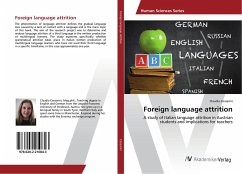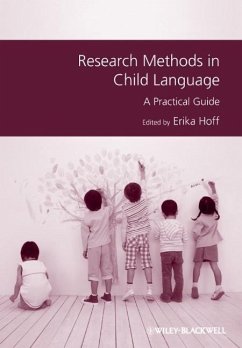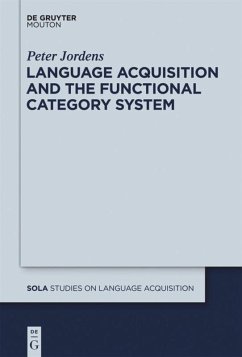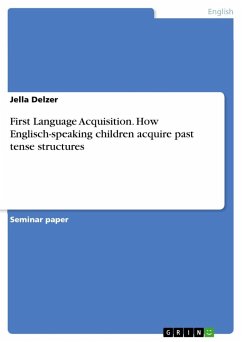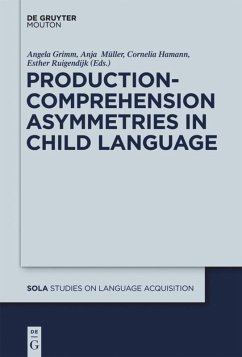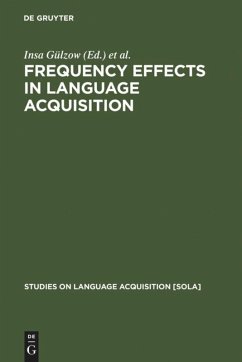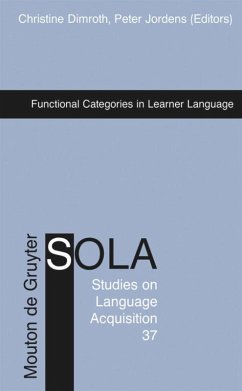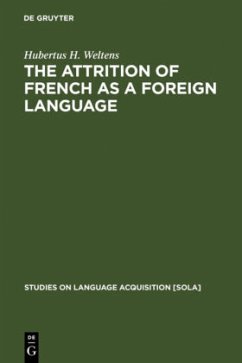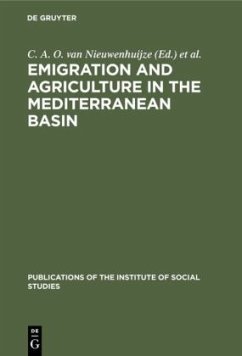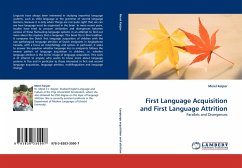
First Language Acquisition and First Language Attrition
Parallels and Divergences
Versandkostenfrei!
Versandfertig in 6-10 Tagen
52,99 €
inkl. MwSt.

PAYBACK Punkte
26 °P sammeln!
Linguists have always been interested in studying imperfect language systems, such as child language or the grammar of second language learners, because it is only when 'things are not quite right' that we can see how language must be organized in the brain. In more recent years, studies have tried to uncover similarities and divergences between various of these fluctuating language systems in an attempt to find out more about the mystery that is language. This book fits in that tradition. It compares the Dutch first language acquisition of children with the non-pathological language attrition...
Linguists have always been interested in studying imperfect language systems, such as child language or the grammar of second language learners, because it is only when 'things are not quite right' that we can see how language must be organized in the brain. In more recent years, studies have tried to uncover similarities and divergences between various of these fluctuating language systems in an attempt to find out more about the mystery that is language. This book fits in that tradition. It compares the Dutch first language acquisition of children with the non-pathological language attrition of Dutch emigrants in Anglophone Canada, with a focus on morphology and syntax. In particular, it seeks to answer the question whether language loss in emigrants follows the reverse pattern of language acquisition in children, i.e. whether language attrition is the mirror image of language acquisition. This work is of interest to anyone who wants to know more about language systems in flux and in particular to those interested in first and second language acquisition, language attrition, multilingualism and language change.



